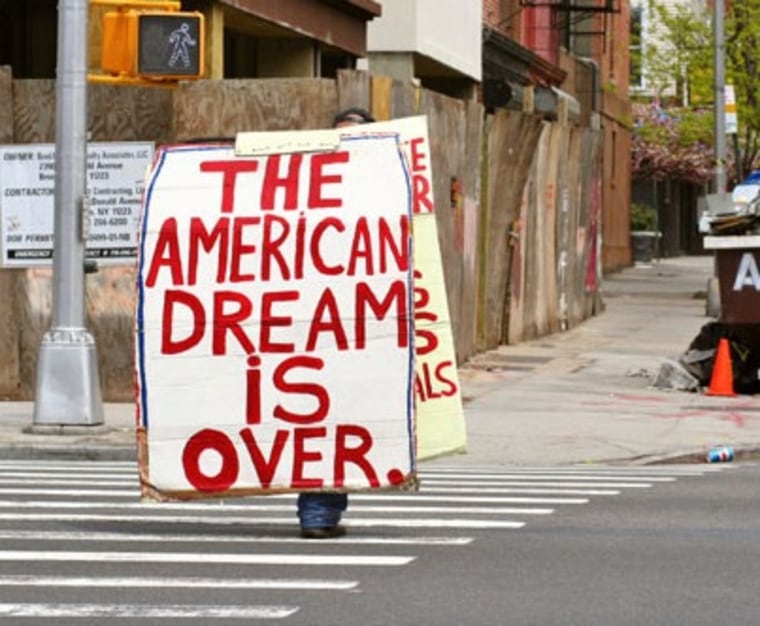Here's another question: Who gets to define what Americans really value? There is actual research on what Americans value, but we'll get to that in a moment.
First, we need to talk about one of the people who wants to tell you what you think, what you should think, and what your fellow Americans think. Fox News "personality" Bill O'Reilly went on another rant Monday night about what a great country America used to be.
He sang the praises of 1962 back in July, going on and on about how poverty was lower, tax rates were lower, everybody worked hard and, "nobody complained. We had fun. We appreciated what we did have."
O'Reilly makes it clear he longs for 1962. By the way, that was three years before the Voting Rights Act was passed, outlawing discriminatory voting practices that targeted African-Americans. President John F. Kennedy had just launched a food stamp pilot program. We didn't have many people on welfare because "welfare," as it exists today in the form of Medicare, Medicaid, SNAP, TANF and Head Start, did not exist in Bill O'Reilly's 1962. O'Reilly was hoping this ode to 1962 would convince people to vote for Mitt Romney.
This week, O'Reilly again harkened back to the "good old days," only this time he took it a step further. He said we don't live in "traditional America" post-election. O'Reilly blames "secular progressives," he calls the S.P.'s for short. O'Reilly thinks Americans don't go to church regularly anymore. (He did not bother to mention synagogue or mosque or meeting, by the way). He claims "creeping secularism" is hurting the religious vote.
But O'Reilly's criticism misses the mark on why Mitt Romney lost the election, specifically among Catholics. The 2012 American Values Survey is a non-partisan survey conducted by the Public Religion Research Institute. The researchers surveyed 3,003 people about their religious views in September of this year. As we reported last month, the survey found more Catholics believe the Church should focus on helping the poor, even if it means focusing less on “right to life” issues.
O'Reilly, Romney and many Republicans focused on abortion during the campaign, but slipped up on poverty. In February, Romney told CNN, “I’m not concerned about the very poor. There’s a safety net there, and if it needs repair I’ll fix it. I’m not concerned about the very rich, they’re doing just fine. I’m concerned about the heart of America, the 95 percent of Americans who are right now struggling.”
That kind of talk goes in direct conflict with research that shows social justice issues were a key driver for the much-discussed Latino vote that Republicans thought would go their way Tuesday night. The Pew Research Center shows Latino voting trends over the last three decades lean heavily Democrat, especially when it comes to addressing poverty.
Catholic bishops will probably have to address the "traditional values" of their own American congregations when they meet in Baltimore this week. Fr. Thomas J. Reese asks in a piece published in the National Catholic Reporter if the church's current political strategy is working. Fr. Reese doesn't question Church doctrine. He merely asks if bishops are listening to their congregants. Reese writes, "simply aligning the church with Republican politicians, who promise to do something about abortion but then cut programs that help women, is a failed strategy."
O'Reilly says that Americans with "traditional values" go to church regularly, and oppose abortion and legalizing marijuana. Who is he really talking about? What about Americans who disagree? There have to be patriotic Americans who don't go to church regularly, right? There are patriots who might not like abortion or pot, but don't want to legislate it.
Who speaks for all of America when it comes to what we value? Normally we look to the results of an election. For some Republicans, the vote wasn't enough to explain what a majority of Americans want.
